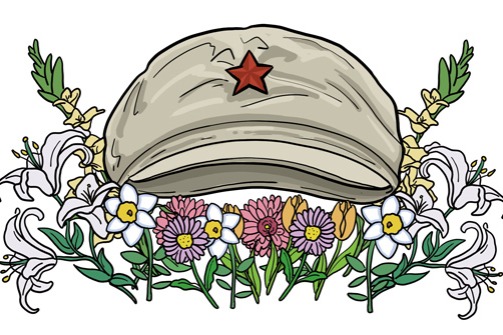Taiwan residents reject DPP's political manipulation and separatist agenda

Taiwan people resist—but will Lai escalate?
In the wake of the failed mass recall initiative launched by the DPP, the island's political landscape is undergoing a moment of reckoning. Though the DPP framed the campaign as a democratic exercise, the deeper logic behind the move was clear to many: a power grab aimed at regaining control of the legislature and consolidating one-party rule.
Currently, Taiwan's local legislature is dominated by an alliance between the KMT and the TPP, denying Lai and the DPP the ability to push through legislation at will. The recall was not merely about removing a few opposition lawmakers. It was a political gambit to restructure the legislative balance of power — allowing the DPP to synchronize legislative and executive authority and bulldoze through its policy agenda, particularly on sensitive issues like cross-Strait relations.
For Lai, this is about more than governance. It's about political dominance. Gaining full control of the legislative branch would enable the DPP to advance its long-standing agenda of so-called "resisting China and protecting Taiwan", and perhaps even inch further down the path toward formal "independence". Without checks from the opposition, Lai's administration would face fewer institutional restraints — not only legislatively, but potentially judicially, as seen in the ongoing deadlock over the nomination of new grand justices.
Yet the voters didn't buy it. The public, it seems, has grown weary of political maneuvering and ideological polarization. The results suggest that the DPP's attempt to frame the recall as a matter of "national integrity" rang hollow. Many saw it for what it was: a politically charged purge aimed at silencing dissent and tightening control. For a party that claims to stand for democratic values, the move came across as dangerously authoritarian.
This recall battle has exposed a critical fault line in the island's political culture. Voters are signaling a preference for stability, pragmatic governance, and unity over divisive theatrics. They are tired of being used as pawns in endless partisan battles. They want less shouting and more problem-solving — especially at a time when economic pressures and regional uncertainty are mounting.
There's also a deeper concern at play. Many fear that if the DPP monopolizes both the executive and legislative branches, it will not stop there. With unchecked power, the party could expand its influence into judicial processes, further weakening the island's political mechanism. And in cross-Strait affairs, a more emboldened DPP—freed from internal constraints—may pursue more provocative or risky moves, raising the chances of confrontation with the mainland. That, in turn, could bring instability to Taiwan itself, with ordinary citizens paying the highest price.
The DPP's recent defeat, while significant, is only a first round. More votes are scheduled, and the outcome is far from certain. Taiwan's political currents can shift quickly, and the party has proven adept at mobilizing grassroots sentiment — especially by playing the familiar card of "anti-China" rhetoric. It remains a potent tool in a society where identity politics are deeply entrenched.
Still, this vote was a clear warning. Voters are not blind to political manipulation, and the DPP's increasingly combative approach may be backfiring. If Lai's administration chooses to double down — opting for retaliation and escalation rather than reflection — it risks eroding both its legitimacy and the social cohesion the island so desperately needs.
What comes next is uncertain — but volatility cannot be ruled out. With public support shaken and legislative control out of reach, the DPP may seek to shift focus outward, using cross-Strait tensions to rally its base and regain narrative control. In such a scenario, provocations or policy hardening are possible. For Beijing, the priority is clear: maintain strategic composure while staying prepared for potential disruption ahead.
Xin Qiang is director of the Center for Taiwan Studies at Fudan University.
The views don't necessarily reflect those of China Daily.
If you have a specific expertise, or would like to share your thought about our stories, then send us your writings at opinion@chinadaily.com.cn, and comment@chinadaily.com.cn.


































